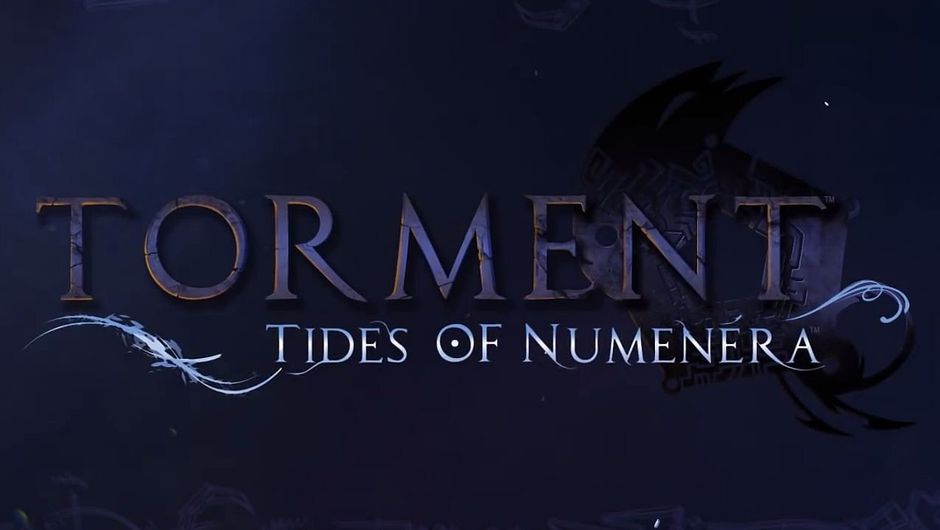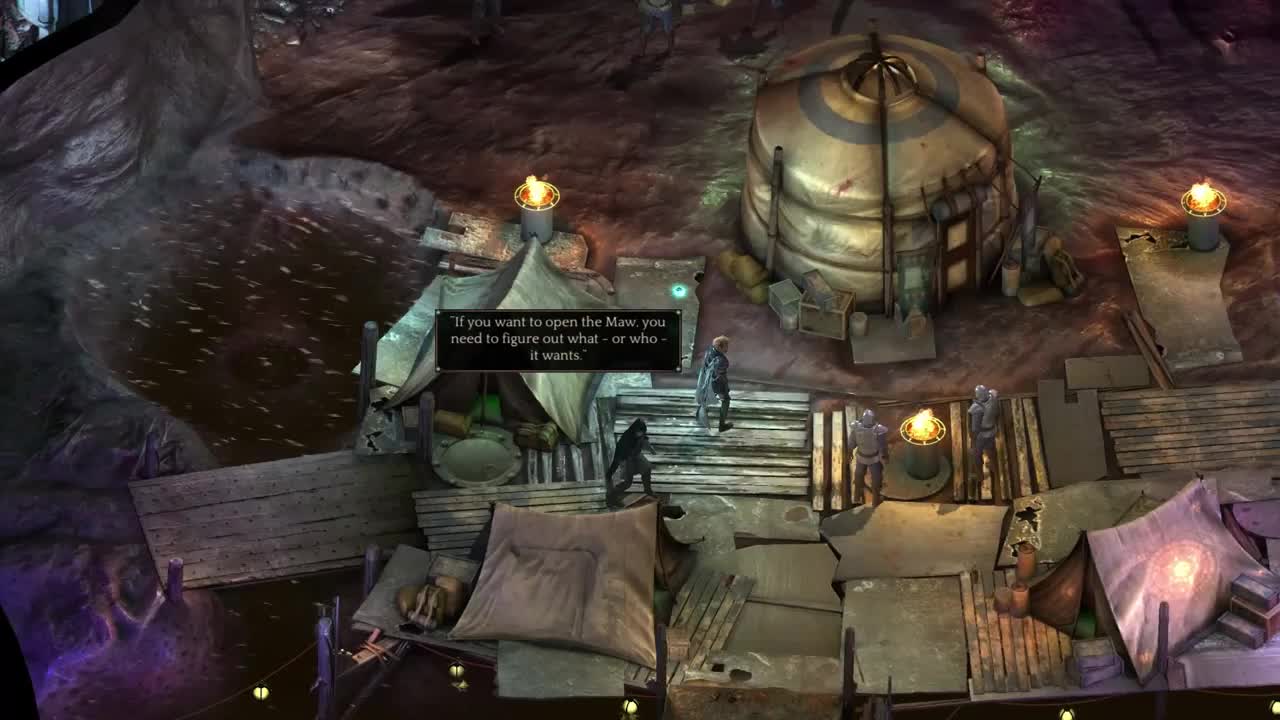
With every conversation the player responds to reflecting a philosophical outlook on life, choosing the answers and actions that interest you will mean changing how the characters in the world view you. The Tides are the morality/reputation system of the game, and it’s how the game interprets your actions and your answer to the central question of the game, “What does one life matter?”. This is particularly important because how you play the game could influence your Tides. You’ll have to sacrifice other things, but there are many paths through Torment, and each will give you a different kind of experience. For example, if you want to be a master of persuasion, you can use a combination of skill points, descriptor, and focus to specialise in dialogue skills at a very early point in the game. I should also point out that our skill system enables a character to quickly become a specialist at a particular type of task. Of course, if you do want to specialize in something, like me with my powers of persuasion, you can do that very early on, as explained by George Ziets, Area Design Lead: Obviously becoming trained or specialized will increase your chances, as well boosting your stats, but even as a newcomer you will have some chance of success. In Torment: Tides of Numenera, though, this can happy way sooner thank to a unique approach to the approach to skills.Ĭharacters can attempt any task, even if they aren’t trained in the relevant skill. Usually, this takes a while in games – you need to level up particular skills and can only really start using your brain to outsmart enemies once you are of a certain level. Sure, you could just fight everyone in your way, but I really do prefer to persuade or intimidate instead.

I’m always the type to think of alternative routes to a solution. Or buy a pass from an unscrupulous vendor. You might be able to charm the guard, for example. It should also be mentioned that you rarely have just one way through a situation like this. This is a totally fake example, but one that represents a typical alternate path in T:TON. By returning, you might discover that a new option has appeared: the ability to threaten his mother unless he lets you pass. By speaking to the guard (or discovering secrets elsewhere), you might learn that he’s sensitive about his mother. You can try right away, but this might be a “Very Hard” task. To make up a fake example: you have an option to intimidate a guard to let you pass. It’s also worth noting that the difficulty of some tasks you attempt are mitigated by careful investigation of the problem at hand. Depending on your choices, Torment: Tides of Numenera can be rewarding – sure, you might fail along a certain path, but there are often rewards in the form of different items, story branches, etc along other paths that form as a result. Torment: Tides of Numenera doesn’t just treat death as a respawn moment, but actually integrates death as something other than a failure.Įxplained by Senior writer Gavin Jurgens-Fyhrie, death isn’t just a restarting point, but can be an alternate solution to a problem in the game. Old school gaming meant that I’d have to replay the same sections over and over again until I got them right, learned to perfect my approach and stop dying all the time.


I like to think I’m pretty decent at games, but I also know that I make a lot of mistakes and often play quite poorly compared to many people out there.


 0 kommentar(er)
0 kommentar(er)
